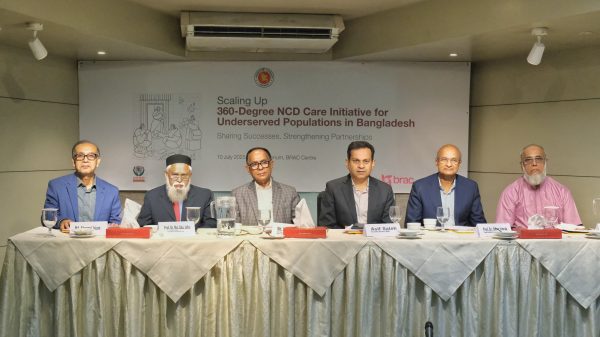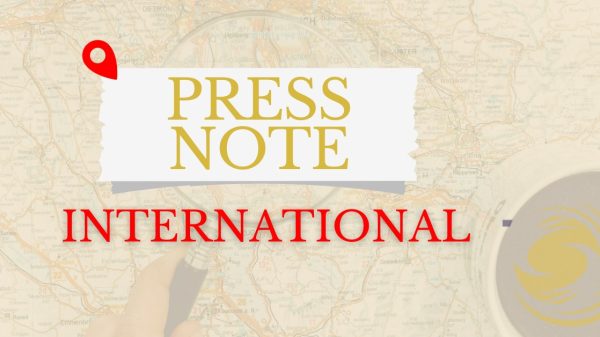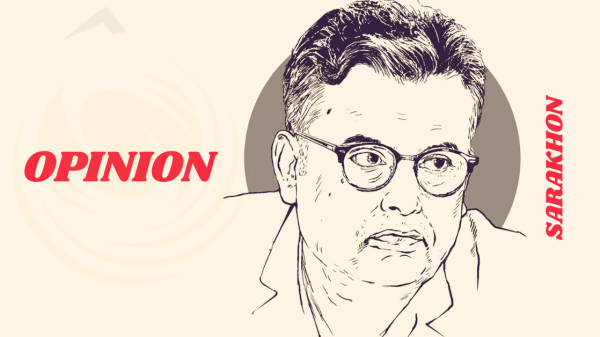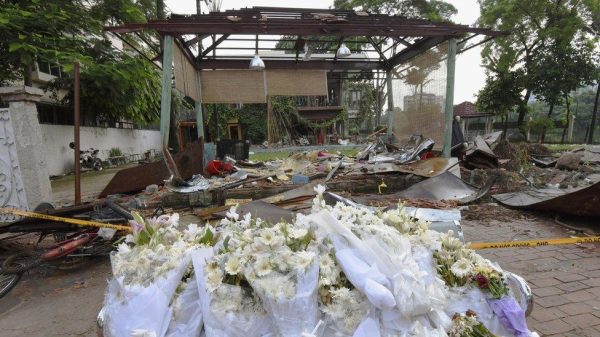Sustainable Hospital Wastewater Treatment in Bangladesh

- Update Time : Tuesday, February 25, 2025

icddr,b, in collaboration with the University of Technology Sydney (UTS) and ITN-BUET, under the direction of Hospital Services Management at the Directorate General of Health Services (DGHS), has established the country’s first low-cost, sustainable hospital wastewater treatment plant (WWTP) at the Kuwait Bangladesh Friendship Government Hospital (KBFGH) in Uttara, Dhaka. Funded by the Integrated Health Science Research and Development Fund under the Ministry of Health and Family Welfare (MoHFW), this initiative aligns with the Bangladesh Environmental Conservation Rules (ECR) 2023. It ensures hospitals meet requirements to operate effective effluent treatment systems, as stipulated by the Ministry of Environment.
Preliminary Dissemination Seminar
A seminar was conducted at the MIS Unit, DGHS, Mohakhali, Dhaka, to share findings from a study titled “Low-cost Sustainable Hospital Wastewater Treatment and Reuse for Healthcare Facilities in Dhaka, Bangladesh.”
Background: Environmental and Health Challenges

- ‘Red’ Category Projects: Under the Bangladesh Environmental Conservation Rules 2023, hospitals with over 50 beds fall into the ‘Red’ category, necessitating efficient Effluent Treatment Plants (ETPs).
- Current Gaps: Despite the legal obligation, no hospital in Dhaka presently operates a compliant system. Common practices like septic tanks and anaerobic baffled reactors are outdated, often non-functional, and fail to meet public health standards.
- Public Health Risk: Untreated hospital wastewater laden with pathogens, antimicrobial-resistant bacteria, and harmful chemicals continues to contaminate local communities, increasing disease transmission and environmental harm.
The 24 KLD MBR-Based WWTP at KBFGH
- Treatment Capacity: The newly operational plant processes 24 Kilolitres per Day (KLD).
- Six-Stage Treatment: Ensures water can be safely reused for non-potable purposes, such as gardening and cleaning.
- Test Results: Achieved 100% elimination of E. coli, ESBL E. coli (AMR bacteria), Vibrio cholerae, and Salmonella typhi. Rotavirus A was reduced by 99%, and other parameters complied fully with ECR 2023 standards.
- Practical Design: Compact, low-cost, and user-friendly, requiring only a single operator—making it ideal for resource-constrained settings.
Endorsements from Key Stakeholders
DGHS Leadership
Dr Md. Zainal Abedin Tito, Line Director of Hospital Services Management, DGHS
“This project is a joint initiative of the Government of Bangladesh, icddr,b, and the University of Technology Sydney. We expect it will help maintain environmental balance and prevent the spread of pathogens that cause antibiotic resistance. Because it is low-cost and compact, all hospitals in Bangladesh can adopt it, contributing to achieving the Sustainable Development Goals (SDGs).”
Principal Investigator
Dr Md. Nuhu Amin, Associate Scientist (Environmental Health and WASH) at icddr,b
“This plant is no longer a prototype—it is a proven, cost-effective technology that removes hazardous contaminants and produces reusable water. With its success at KBFGH, we can scale this model to high-risk hospitals nationwide. It’s a milestone for Bangladesh and a blueprint for low- and middle-income countries worldwide.”
BUET Perspective
Professor Dr Tanvir Ahmed, BUET
“This proven, compact system offers a scalable national solution. Through collaboration, we can replicate it to reduce pollution and protect public health across Bangladesh.”
UTS Global View

Professor Juliet Willetts, UTS
“This project stands out as an example for low-resource settings globally. Its proven effectiveness and small footprint make it adaptable to other cities and countries struggling with untreated hospital wastewater. By merging local expertise with international partnerships, we can extend this model to safeguard vulnerable communities and advance health equity in line with the Sustainable Development Goals.”
Hospital Management
Dr Muhammad Mizanur Rahman, Superintendent of KBFGH
“Hosting this low-cost, easy-to-operate wastewater treatment plant has been a privilege. Not only does it ensure environmental compliance, but it also transforms our approach to managing hospital waste sustainably. By reusing treated water, we are lowering our environmental impact and enhancing public health protection. This sets an achievable precedent for hospitals nationwide.”
Future Directions and Recommendations
Stakeholders, policymakers, and experts at the seminar discussed how to expand this technology to other facilities across Bangladesh. Recommendations centered on:
- National Scale-Up: Encouraging more hospitals to adopt MBR-based WWTP for comprehensive wastewater treatment.
- Policy Reinforcement: Strengthening regulations to ensure compliance with ECR 2023.
- Capacity Building: Training hospital staff and operators to manage the system effectively.
- Research and Monitoring: Ongoing assessment of system performance to guide improvements and adaptations.









Leave a Reply